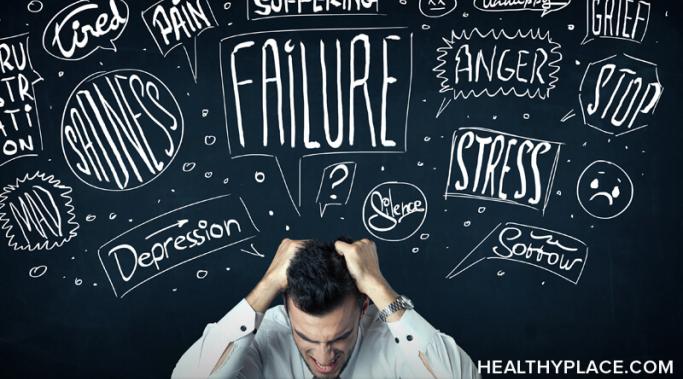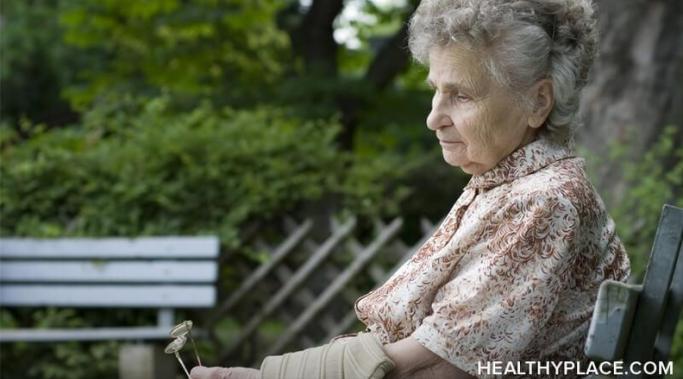Blogs
My name is Robert Vickens and I’m the new author on "Creative Schizophrenia." I’ve been diagnosed with schizophrenia and adult attention-deficit/hyperactivity disorder (ADHD). I know we can achieve great things when we have the proper support and treatment. That is what my writing will focus on, treatment and support.
I remember when I was in college, I had to stop into one of my roommate’s friend's rooms across the hall. When I opened the door, I felt uncomfortable – not because of anything they said or did, but because of what I saw. The room was bare – I don’t remember seeing anything on the wall, shelves, anything. I remember thinking to myself, how could anyone live in a place like this? After that, I went back to my room and just sat for a while, enjoying my familiar environment. It was the first time I realized what I need in terms of that environment – namely, lots of decorations everywhere. I have found that decorations help with anxiety.
So, we're on a journey to build better self-esteem, and you want to know where to begin. Starting out may seem like a daunting task. The best way to tackle it is by breaking it down into smaller steps. Today, we'll cover step one: identifying what makes you, you.
As much as I would rather overlook this step in the healing process, I cannot deny that self-forgiveness is a powerful tool in eating disorder recovery. It pains me right down to my core when I remember just how much I hurt both myself and those I love most in that dark, miserable season of life when my eating disorder had all the control. I take no pleasure in those memories, but I need to forgive myself for them nonetheless.
A recent conversation with a friend made me consider what I wish I'd known about eating disorder (ED) recovery. The other day, I asked my friend, "What do you think your younger self would have thought of older you?" We retraced our steps down the hill through the snow on our way back to the trailhead. She said, "I think she would have been so surprised. I don't think I ever expected I would move away from my hometown."
I'm an overthinker. I always have been. My inability to reach a decision has gotten better as I've become a better planner and figured out an organizational system that makes sense for me. Still, there's one thing that helped even more: a diagnosis of adult attention-deficit/hyperactivity disorder (ADHD).
When I feel anxious, I tend to be very aware of the multiple anxiety symptoms I experience, including struggles with my confidence. However, because anxiety is something I've struggled with for years, this also means that keeping my self-confidence and self-esteem up has been a struggle for me for years as well.
Since 2016, life has been hurtling unprecedented personal and professional challenges my way. I've been coping with them the best I can, mainly due to my belief in this Persian adage: this too shall pass. And towards the end of 2019, things were looking up, if only just a little. Then in 2020, the world was hit by the COVID-19 pandemic. Needless to say, I had a new list of challenges to face. However, this time, I had little faith in the adage. I tried to keep going, but in January 2022, I decided to pause for perspective. It's the reason I have only one new year resolution: to cultivate better coping mechanisms.
Postpartum depression (PPD) does not just affect the individual suffering from it. It also affects the family. If you're dealing with postpartum depression, it can be easy to become so introspective that you lose perspective of those around you. By trying to understand how your loved ones are feeling, however, you can strengthen your relationships while also helping them more appropriately support you.
One significant niche of individuals who suffer from verbal abuse is the senior community. Often abuse happens to vulnerable people, and elders are no exception. But of course, verbal abuse is just one of the many branches of this ongoing problem, making those at risk even more in danger of harm.









